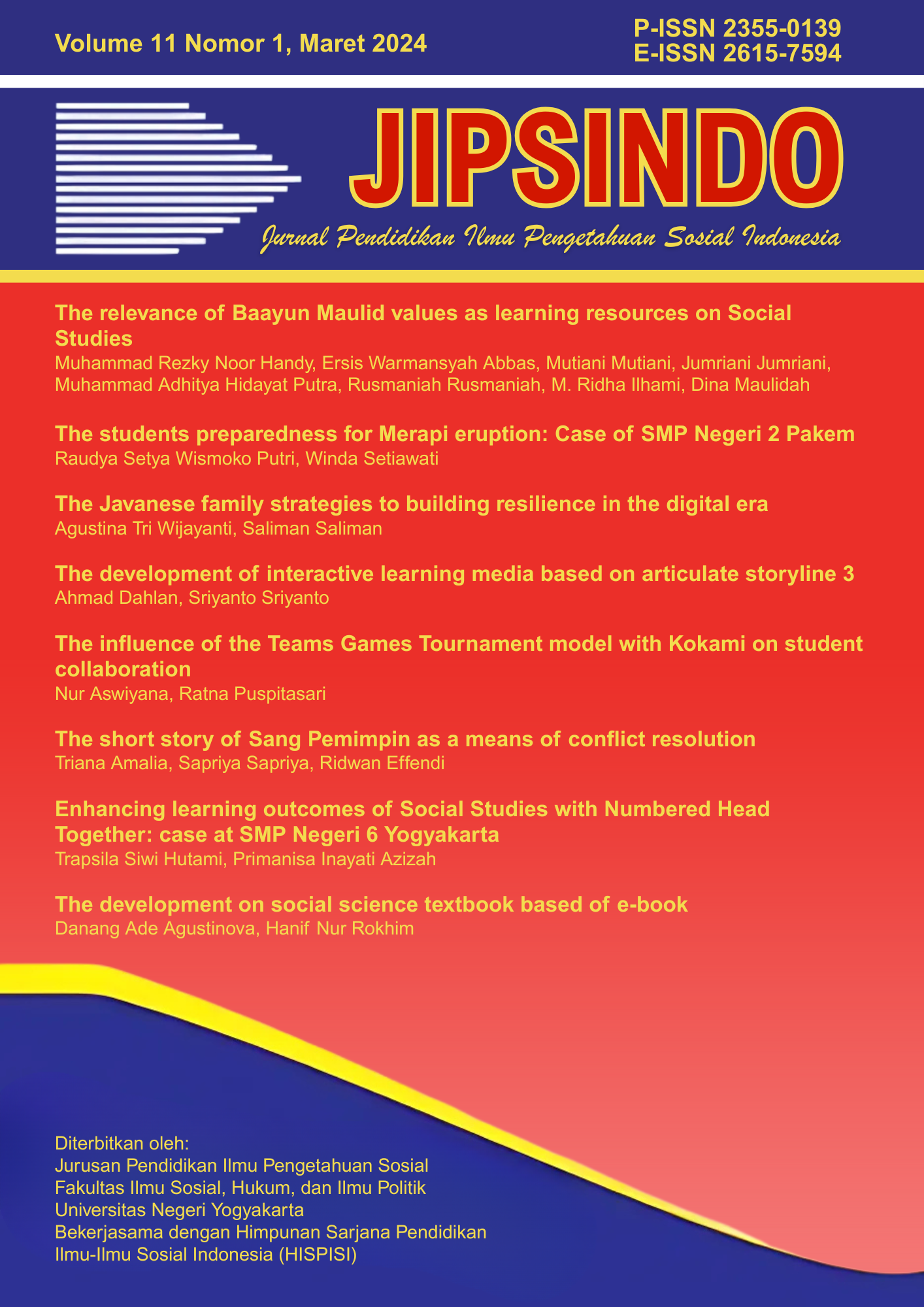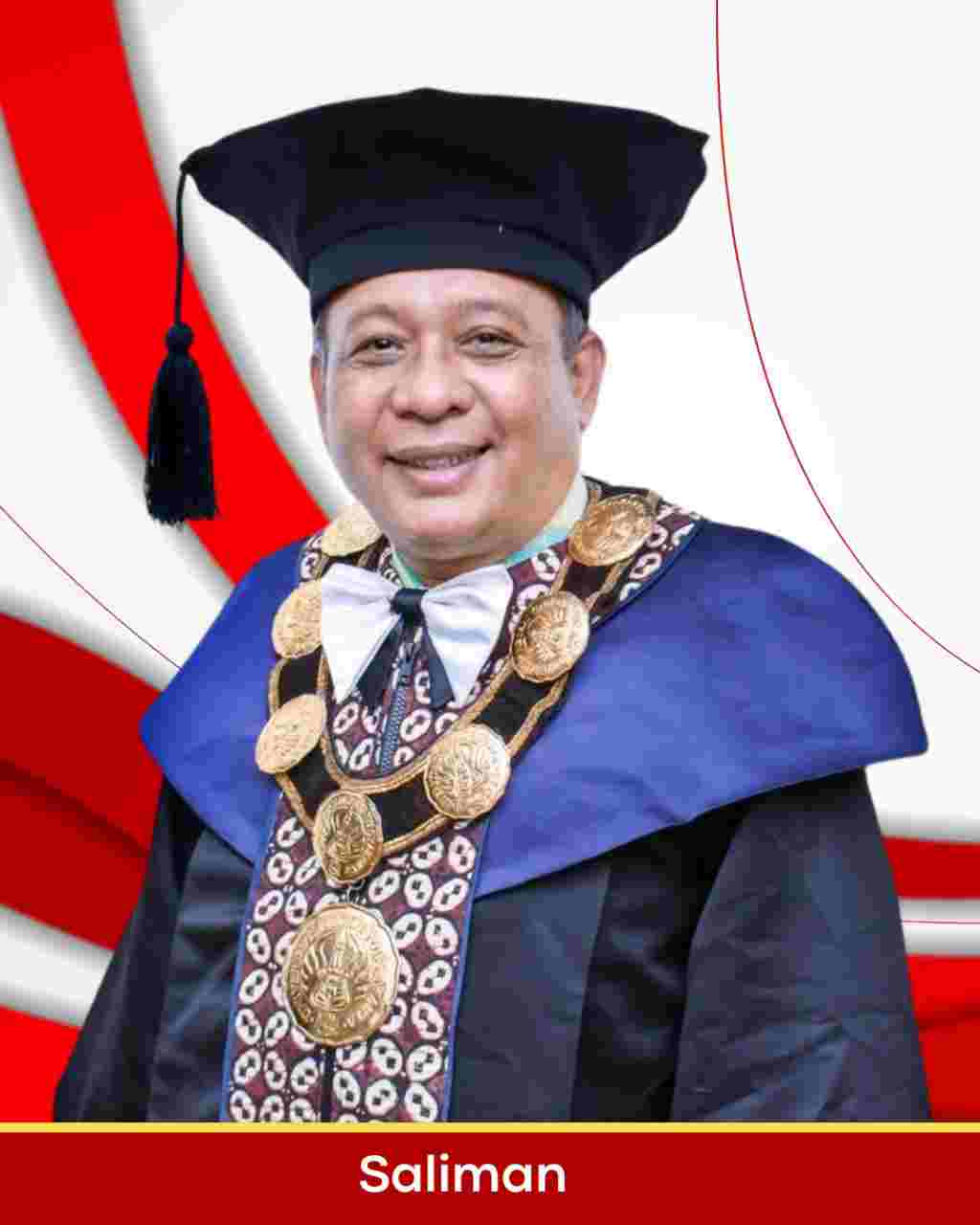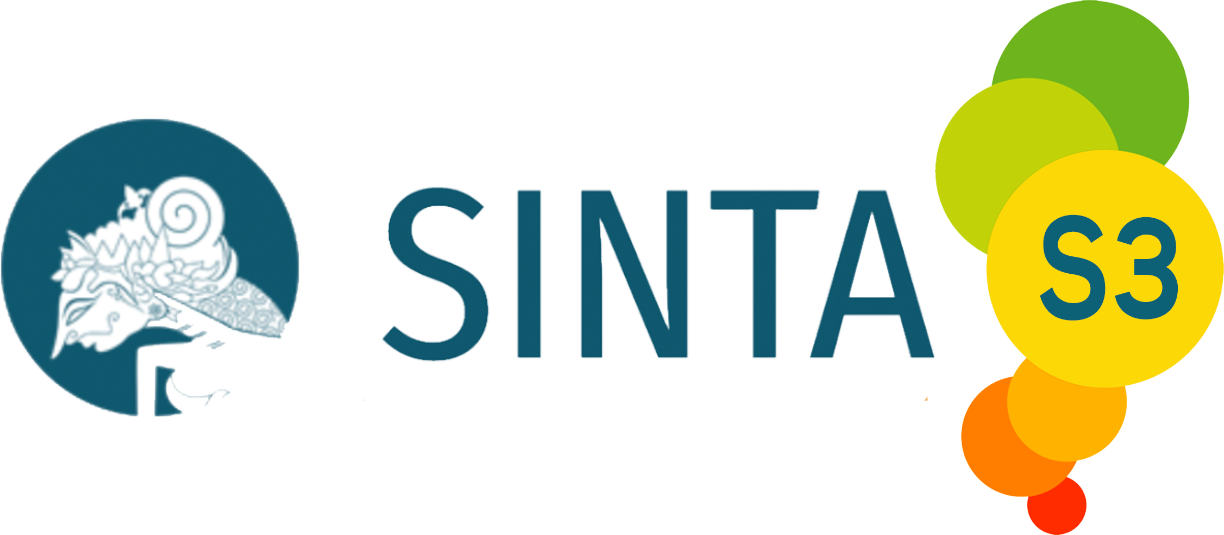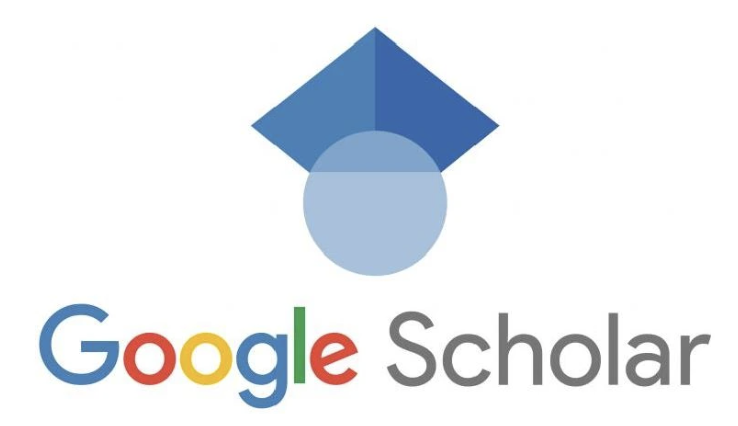Problem based-learning supported flipped classroom approach to enhance collaborative skills
DOI:
https://doi.org/10.21831/jipsindo.v10i2.61999Abstract
Collaboration skills, which are one of the core 21st-century competencies, have not been optimally observed in class X-7 of SMA Negeri 1 Kasihan. Therefore, the implementation of problem-based learning supported by the Flipped Classroom approach is necessary. The objective of this research is to analyze the improvement of collaboration skills after the implementation of problem-based learning supported by the Flipped Classroom approach in class X-7 of SMA Negeri 1 Kasihan. This research is conducted in two cycles as a classroom action research. Data collection is carried out through direct observation during learning activities and distribution of questionnaires to the students to obtain their perspectives on the learning experience. The collected data is then analyzed using descriptive quantitative analysis. In the first cycle, the research results showed that the average collaboration skills of the students were 67.04 with a classical completeness level of 67.04%. This indicates that the implementation of problem-based learning with the Flipped Classroom approach in the first cycle has led to an improvement in students' collaboration skills. However, there is still room for improvement. Furthermore, in the second cycle, there was a significant increase in students' collaboration skills. The average score for collaboration skills increased to 75.46 with a classical completeness level of 75.46%. It can be observed that there was an improvement of 8.42 in the average collaboration skills and a similar increase in the classical completeness level between the first and second cycles. Based on the results of this research, it can be concluded that the implementation of problem-based learning supported by the Flipped Classroom approach is effective in improving students' collaboration skills.
Pembelajaran berbasis masalah dengan kelas terbalik untuk memperkuat kerjasama
Keterampilan berkolaborasi yang merupakan salah satu kompetensi inti abad 21 belum terlaksana secara optimal di kelas X-7 SMA Negeri 1 Kasihan. Oleh karena itu, penerapan pembelajaran berbasis masalah yang didukung dengan pendekatan Flipped Classroom sangat diperlukan. Tujuan penelitian ini adalah untuk menganalisis peningkatan keterampilan kolaborasi setelah penerapan pembelajaran berbasis masalah dengan dukungan pendekatan Flipped Classroom pada kelas X-7 SMA Negeri 1 Kasihan. Penelitian ini dilaksanakan dalam dua siklus sebagai penelitian tindakan kelas. Pengumpulan data dilakukan melalui observasi langsung selama kegiatan pembelajaran dan penyebaran angket kepada siswa untuk memperoleh pandangan mereka terhadap pengalaman belajar. Data yang terkumpul kemudian dianalisis dengan menggunakan analisis deskriptif kuantitatif. Pada siklus I hasil penelitian menunjukkan rata-rata keterampilan kolaborasi siswa sebesar 67,04 dengan tingkat ketuntasan klasikal sebesar 67,04%. Hal ini menunjukkan bahwa pelaksanaan pembelajaran berbasis masalah dengan pendekatan Flipped Classroom pada siklus I telah menyebabkan peningkatan keterampilan kolaborasi siswa. Namun, masih ada ruang untuk perbaikan. Selanjutnya pada siklus II terjadi peningkatan yang signifikan pada keterampilan kolaborasi siswa. Nilai rata-rata keterampilan kolaborasi meningkat menjadi 75,46 dengan tingkat ketuntasan klasikal 75,46%. Terlihat adanya peningkatan rata-rata keterampilan kolaborasi sebesar 8,42 dan peningkatan serupa pada tingkat ketuntasan klasikal antara siklus I dan II. Berdasarkan hasil penelitian dapat disimpulkan bahwa penerapan pembelajaran berbasis masalah yang didukung pendekatan Flipped Classroom efektif dalam meningkatkan keterampilan kolaborasi siswa.
References
Almulla, M. A. (2020). The Effectiveness of the Project-Based Learning (PBL) Approach as a Way to Engage Students in Learning. SAGE Journals. https://doi.org/https://doi.org/10.1177/2158244020938702
Anderson, L. W., Krathwohl, D. R., Airasian, P. W., Cruikshank, K. A., Mayer, R. E., Pintrich, P. R., Raths, J., & Wittrock, M. C. (2001). A Taxonomy for Learning, Teaching, and Assessing: a Revision of Bloom's Taxonomy of Educational Objectives. Longman. https://www.uky.edu/~rsand1/china2018/texts/Anderson-Krathwohl - A taxonomy for learning teaching and assessing.pdf
Ayunda, S. N., Lufri, L., & Alberida, H. (2023). Pengaruh Model Pembelajaran Problem Based Learning (PBL) Berbantuan LKPD terhadap Kemampuan Berpikir Kritis Peserta Didik. Journal on Education, 5(2), 5000–5015. https://doi.org/10.31004/joe.v5i2.1232
Baloche, L., & Brody, C. M. (2017). Cooperative learning: exploring challenges, crafting innovations. Journal of Education for Teaching, 43(3), 274–283. https://doi.org/10.1080/02607476.2017.1319513
Bergmann, J., & Sams, A. (2014). Flipped Learning. British Journal of Educational Technology. https://doi.org/http://dx.doi.org/10.1111/bjet.12368
Boser, U. (2018). Learning Is a Learned Behavior. Here's How to Get Better at It. Harvard Business Review. https://hbr.org/2018/05/learning-is-a-learned-behavior-heres-how-to-get-better-at-it
Campillo-Ferrer, J. M., & Miralles-Martínez, P. (2021). Effectiveness of the flipped classroom model on students' self-reported motivation and learning during the COVID-19 pandemic. Humanities and Social Sciences Communications, 8(1). https://doi.org/10.1057/s41599-021-00860-4
Checchi, M. B. P. R. K. De. (2022). Students' beliefs and attitudes towards cooperative learning and their relationship to motivation and approach to learning. Taylor and Francis Online, 48(1). https://doi.org/https://doi.org/10.1080/03075079.2022.2112028
Conaway, C. (2021). Collaboration skills: What they are and how to improve them. Webex Blog. https://blog.webex.com/video-conferencing/collaboration-skills-what-they-are-and-how-to-improve-them/
Ferlazzo, L. (2020). Memorization Often Comes Without Understanding. EducationWeek. https://www.edweek.org/teaching-learning/opinion-memorization-often-comes-without-understanding/2020/07
Formica, S. P., Easley, J. L., & Spraker, M. C. (2010). Transforming common-sense beliefs into newtonian thinking through just-in-time teaching. Physical Review Special Topics - Physics Education Research, 6(2), 1–7. https://doi.org/10.1103/PhysRevSTPER.6.020106
Graesser, A. C., Greiff, S., Stadler, M., & Shubeck, K. T. (2020). Collaboration in the 21st century: The theory, assessment, and teaching of collaborative problem solving. Computers in Human Behavior, 104. https://doi.org/10.1016/j.chb.2019.09.010
Halili, S. H., & Zainuddin, Z. (2015). Flipping the Classroom: What We Know and What We Don'T. 3(1).
Hilalliati, N. (2019). Keefektifan Pembelajaran Fisika Tipe Group investigation (GI) Berbantuan Edmodo terhadap Keterampilan Kerja Sama dan Problem Solving Skills Peserta Didik MAN 2 Pekanbaru. Universitas Negeri Yogyakarta.
Hoque, M. E. (2018). Memorization: A proven method of learning. International Journal of Applied Research, 22(February), 142–150. https://www.researchgate.net/publication/330825027_Memorization_A_Proven_Method_of_Learning/link/5c555b4ba6fdccd6b5dbf0b0/download%0Ahttps://www.researchgate.net/publication/330825027
Ilgen, S. W. J. K. D. R. (2006). Enhancing the Effectiveness of Work Groups and Teams. SAGE Journals, 7(3). https://doi.org/https://doi.org/10.1111/j.1529-1006.2006.00030.x
Kim, M. K., Kim, S. M., Khera, O., & Getman, J. (2014). The experience of three flipped classrooms in an urban university: An exploration of design principles. Internet and Higher Education, 22, 37–50. https://doi.org/10.1016/j.iheduc.2014.04.003
Koehorst, M. M., Alexander J. A. M. van Deursen, Jan A. G. M. Van Dijk, & Jos De Haan. (2021). A Systematic Literature Review of Organizational Factors Influencing 21st-Century Skills. SAGE Journals. https://doi.org/https://doi.org/10.1177/21582440211067251
Lau, J. (2023). 11 memorization techniques to boost your memory. Zapier. https://zapier.com/blog/better-memory/
Lau, P., Kwong, T., Chong, K., & Wong, E. (2013). Developing Students' Teamwork Skills in a Cooperative Learning Project. International Journal for Lesson and Learning Studies, 3(1), 80–99. https://doi.org/10.1108/IJLLS-03-2013-0018
Le, H., Janssen, J., & Wubbels, T. (2018). Collaborative learning practices: teacher and student perceived obstacles to effective student collaboration. Cambridge Journal of Education, 48(1), 103–122. https://doi.org/10.1080/0305764X.2016.1259389
Lodge, J. M., Kennedy, G., Lockyer, L., Arguel, A., & Pachman, M. (2018). Understanding Difficulties and Resulting Confusion in Learning: An Integrative Review. Frontiers in Education, 3(June), 1–10. https://doi.org/10.3389/feduc.2018.00049
Marr, B. (2022). Future Skills: The 20 Skills and Competencies Everyone Needs to Succeed in a Digital World. Wiley.
Mcewan, D., Ruissen, G. R., Eys, M. A., Zumbo, B. D., & Beauchamp, M. R. (2017). The effectiveness of teamwork training on teamwork behaviors and team performance: A systematic review and meta-Analysis of controlled interventions. PLOS ONE, 12(1), 1–23. https://doi.org/10.1371/journal.pone.0169604
McTaggart, R., & Kemmis, S. (1988). The Action-Research Planner (3rd ed.). Deakin University.
Nurnawati, E., Yulianto, D., & Susanto, H. (2012). Peningkatan Kerjasama Siswa SMP Melalui Pembelajaran Kooperatif Pendekatan Think Pair Share. Unnes Physics Education Journal, 1(1), 1–7. https://doi.org/https://doi.org/10.15294/upej.v1i1.764
Orlin, B. (2013). When Memorization Gets in the Way of Learning. The Atlantic. https://www.theatlantic.com/education/archive/2013/09/when-memorization-gets-in-the-way-of-learning/279425/
Piniuta, I. (2019). Assesment of Collaborative Skills. Proceedings of the National Aviation University, 60–67. https://www.researchgate.net/publication/337105658_ASSESSMENT_OF_COLLABORATIVE_SKILLS
Piniuta, I., & Meyerzon, J. (2018). Development of collaborative skills with information technology. International Research Conference on Education, Language and Literature, April 2018, 175–196. https://www.researchgate.net/publication/332739077
Rachmad Syarifuddin Hidayatullah, Sudirman Rizki Ariyanto, Muhaji, Mubarok, H., & Yohannes, A. (2020). Collaborative Problem-based Learning: An Analysis of Problem-Solving Skills in Vocational Schools. IJORER : International Journal of Recent Educational Research, 1(3), 209–217. https://doi.org/10.46245/ijorer.v1i3.62
Rahayu, I., & Yulistiani, I. (2016). Penerapan Model Pembelajaran Problem Based Learning untuk Meningkatkan Sikap Kerja Sama dan Hasil Belajar Siswa pada Pembelajaran Tematik di SDN Kencana Indah II. Didaktik: Jurnal Pendidikan Guru Sekolah Dasar, 1(2), 219–230. http://journal.stkipsubang.ac.id/index.php/didaktik/article/view/28/23
Rusman. (2010). Seri Manajemen Sekolah Bermutu: Model-Model Pembelajaran Mengembangkan Profesionalisme Guru. Grafindo.
Salas, E., Cooke, N. J., & Rosen, M. A. (2008). On teams, teamwork, and team performance: Discoveries and developments. Human Factors, 50(3), 540–547. https://doi.org/10.1518/001872008X288457
Schiano, B. (2021). Reducing Cognitive Overload While Teaching. Harvard Business Publishing Education. https://hbsp.harvard.edu/inspiring-minds/reducing-cognitive-overload-while-teaching
Seel, N. M. (2012). Learning and Thinking (Learning Environment). In Encyclopedia of the Sciences of Learning (pp. 1797–1799). Springer, Boston. https://doi.org/10.1007/978-1-4419-1428-6_584
Shapiro, L., & Stolz, S. A. (2019). Embodied cognition and its significance for education. Theory and Research in Education, 17(1), 19–39. https://doi.org/10.1177/1477878518822149
Sutoyo. (2020). Teknik Penyusunan Penelitian Tindakan Kelas (PTK) (H. Wijayati (Ed.)). UNISRI Press.
Tambychik, T., & Meerah, T. S. M. (2010). Students' difficulties in mathematics problem-solving: What do they say? Procedia - Social and Behavioral Sciences, 8, 142–151. https://doi.org/10.1016/j.sbspro.2010.12.020
Tawfik, A. A., & Lilly, C. (2015). Using a Flipped Classroom Approach to Support Problem-Based Learning. Technology, Knowledge and Learning, 20(3), 299–315. https://doi.org/10.1007/s10758-015-9262-8
Van Alten, D. C. D., Phielix, C., Janssen, J., & Kester, L. (2021). Secondary students' online self-regulated learning during flipped learning: A latent profile analysis. Computers in Human Behavior, 118(November 2020), 106676. https://doi.org/10.1016/j.chb.2020.106676
Waks, L. J. (2006). Intuition in Education: Teaching and Learning Without Thinking. Philosophy of Education, 62(January 2016), 379–388. https://doi.org/10.47925/2006.379
Watson, K. (2017). Skills for the Future. https://www.unicef.org/indonesia/media/6226/file/Skills for the future (brief).pdf
West, M. (2002). Effective Teamwork, Kerja Sama Kelompok yang Efektif. Kanisius.
Woolfolk, A. (2007). Educational Psychology (10th ed.). Pearson Education Inc.
Wulandari, B., Arifin, F., & Irmawati, D. (2015). Peningkatan Kemampuan Kerjasama dalam Tim Melalui Pembelajaran Berbasis Lesson Study. Elinvo (Electronics, Informatics, and Vocational Education), 1(1), 9–16. https://doi.org/10.21831/elinvo.v1i1.12816
Yew, E. H. J., & Goh, K. (2016). Problem-Based Learning: An Overview of its Process and Impact on Learning. Health Professions Education, 2(2), 75–79. https://doi.org/10.1016/j.hpe.2016.01.004
Zhang, L. Z. K. K. B. Y. Z. X. (2020). The Effectiveness of the Flipped Classroom on Students' Learning Achievement and Learning Motivation. Educational Technology & Society, 23(1), 1–15. https://www.jstor.org/stable/26915403
Downloads
Published
How to Cite
Issue
Section
Citation Check
License
Authors who publish with this journal agree to the following terms:
- Authors retain copyright and grant the journal right of first publication with the work simultaneously licensed under a Creative Commons Attribution License that allows others to share the work with an acknowledgement of the work's authorship and initial publication in this journal.
- Authors are able to enter into separate, additional contractual arrangements for the non-exclusive distribution of the journal's published version of the work (e.g., post it to an institutional repository or publish it in a book), with an acknowledgement of its initial publication in this journal.
- Authors are permitted and encouraged to post their work online (e.g., in institutional repositories or on their website) prior to and during the submission process, as it can lead to productive exchanges, as well as earlier and greater citation of published work (See The Effect of Open Access).

JIPSINDO (Jurnal Pendidikan Ilmu Pengetahuan Sosial Indonesia) is licensed under a Creative Commons Attribution-ShareAlike 4.0 International License.
Based on a work at https://journal.uny.ac.id/index.php/jipsindo.
















